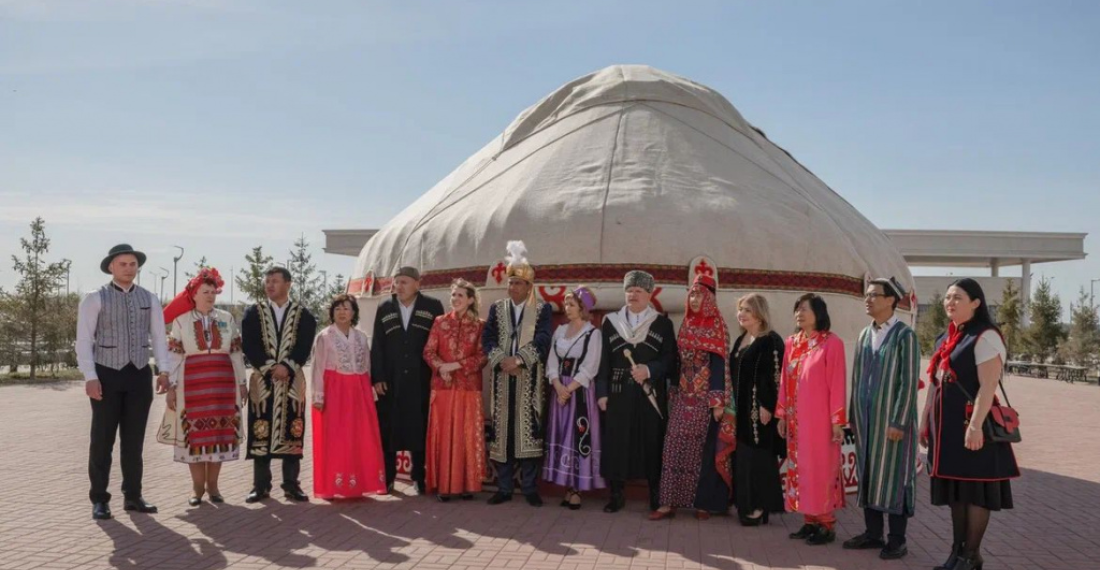Today, on Monday (1 May), Kazakhstan is marking the Kazakhstan People's Unity Day.
Signed into law on 18 October 1995 and first celebrated in 1996, the Kazakhstan People's Unity Day celebrates the diverse cultural and ethnic background of Kazakh citizens and the Kazakh nation, especially emphasising peaceful inter-ethnic relations between ethnic Kazakhs and minorities.
It is a public holiday in Kazakhstan, and the day represents values of friendship, solidarity, trust and mutual respect.
On this day people from Kazakhstan's approximately 130 different ethnic groups participate in cultural events, concerts, and parades, often facilitated by ethnocultural centres that introduce Kazakhs to the traditions and customs of other groups inside Kazakhstan.
Speaking to The Astana Times, Kazakh psychotherapist Fatima Arynova said, "when we talk about multiethnic societies, we see how fragile the peace can be. I hope each member of the Kazakh society, regardless of ethnicity, strives to be sensible and do everything in their power to ensure the harmonious coexistence we have been enjoying continues and strengthens."
This year's Day of Unity comes amid a burgeoning cultural revival in Kazakhstan. The ongoing full-scale Russian invasion of Ukraine has weakened Moscow's long-standing influence in Central Asia, resulting in a strengthening of Kazakh national identity and revival of traditional culture as the wider region takes on a new geopolitical significance.
source: commonspace.eu with The Astana Times
photo: The Assembly of People of Kazakhstan






